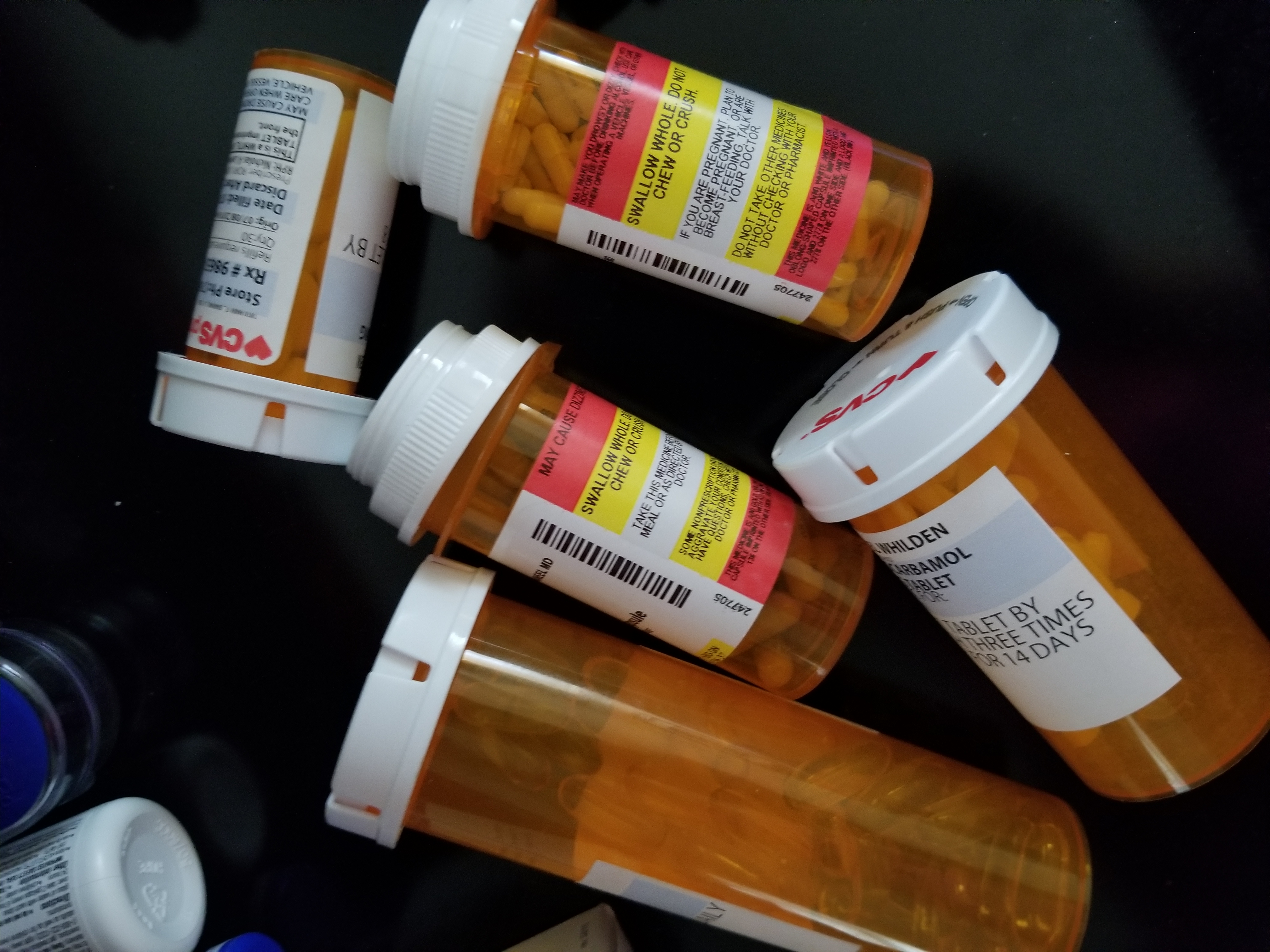One may unknowingly get caught in the grip of addiction just by following their doctors orders. Doctors usually have their patients best interests in mind, nevertheless some recommend or prescribe medications that could potentially harm the health and well being of their patients.
In the late 1990’s pharmaceutical companies reassured the medical community that patients would not become addicted to prescription opioid pain relievers, and healthcare providers began prescribing them at greater rates. Opioid overdose rates began to increase. According to Centers For Disease Control and Prevention 200,000 people died in the United States from 1999 to 2016 related to prescription opioid overdose. Deaths from overdoses were five times higher in 2016 than 1999. In addition, in this time period an estimated 2 million people in the United States suffered from substance use disorders related to prescription opioid pain relievers.
What can you do to protect yourself from being among one of these statistics?
Have an awareness of the potential dangers of opioid medications.
Only take these medications if absolutely needed to relieve pain and transition as soon a possible to less dangerous medications such as Tylenol or Ibuprofens.
If you fear a possible addiction reaction because of previous experience, ask the Doctor to prescribe an non narcotic pain reliever.
If you already feel you may have developed an addiction, seek help from a qualified health care professional and consider going to a rehabilitation facility for support.
Lastly remember you know yourself and your body the best. Take care of yourself and know that what you put in your body is ultimately your decision.
~Teri Storm

